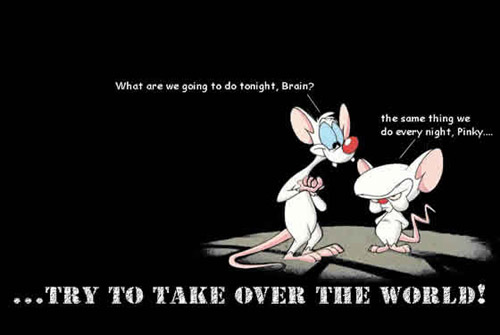I'm going to go back to Kansas-Missouri border war that inspired the name of this blog. As noted before, Kansas, pre-civil war and during the war, was an abolitionist state--meaning that it did not support slavery, slavery was outlawed in Kansas, and that it provided a "safe haven" for slaves who ran away from as far as Arkansas and Alabama. But it was initially the slaves in Missouri that sparked the border war, which was arguably more vicious than the civil war itself, since it mostly involved attacks on civilians.
The "Red Legs" (because of the red stockings they wore) or "Jayhawkers" were militias from Kansas that raided across the border in western Missouri ostensibly for the purpose of "freeing slaves," but more often for the purpose of lining their own pockets. The raiders included a lot of backwater farmers, but also physicians and a state senator. Missouri was not officially a part of the confederacy, but it allowed slavery--but less than 10% of Missourians owned slaves. Missourians were mostly immigrants from Germany, Scandinavia and other European nations that had come to what was then the western frontier for the homesteading act, which allotted them land if they farmed it. Many of the Germans that lived in Missouri, especially around St. Louis, were also virulent abolitionists.
When the "Red Legs/Jayhawkers" started burning down homesteads, rustling cattle and other livestock and "liberating" farmers of all their possessions, a large militia was formed in Missouri that consisted of both Missourians and some former (AWOL) confederate soldiers: it was headed by William Quantrill, thought to be one of the best guerilla fighters and strategists in American history, second only to maybe Crazy Horse. He organized a raid on Lawrence Kansas (where the University of Kansas is located) which was a "liberal and abolitionist stronghold" and slaughtered around 200 people and burned the town to the ground in retaliation for Jayhawkers' transgressions in Missouri, but also because he perceived Kansans to be unionists. Later, while on the run from federal/Union soldiers, he and "Bloody Bill" Anderson split the militia of over 400 horsemen into smaller units and melted into the woods and thickets of Missouri. From there, they ambushed Union soldiers and used unconventional means of warfare. Riding with Anderson were the Younger boys and Jesse and Frank James--later all famous outlaws. As noted before, to stop the border raids on both sides, General Ewing required anyone within 30 miles of the Missouri border (and notably this did not include Kansans) to move within 3 months, and then he burned a 30 mile wide and 150 mile long swath so that soldiers could see anyone riding over what was effectively a "desert." Read about William Clark Quantrill and the "burnt district" here.
Quantrill's raids were notoriously violent: essentially no male was safe, including adolescent boys. And he instilled such fear in Kansans that there were often reports of his raiders being sighted in up to ten different cities simultaneously. He was truly an American Terrorist. His raiders often took human "trophies" such as ears, and even the confederacy, which supported him, was fearful of his men.
This brings me to my observation and a question. Quantrill waged classic, asymmetrical warfare--namely his insurgents raised hell and inspired such terror that no Missourian dared say "no" to any of Quantrill's requests for shelter, horses, and food--even if it meant starvation for the provider. He did not fight conventionally, face-to-face with his enemy, and relied on the terrified Missouri citizenry to feed and house his men. Not to say he didn't have true supporters in Missouri who gladly and freely provided him with provisions.
In Baghdad we see much of type of warfare. Do we demand too much of Iraqi citizens to turn down insurgents or report them if they know it will definitely result in their deaths and/or the deaths of their families? And does dealing with insurgencies and internecine battles between militias demand an "Order 11" General Ewing type of action on the American forces/government of Iraq's part? Which essentially means bulldozing a line around the city and in violent, insurgent-saturated neighborhoods like Sadr city to keep the peace. Or would this cause even more resentment and provide an incentive for young unemployed men to join militias?



